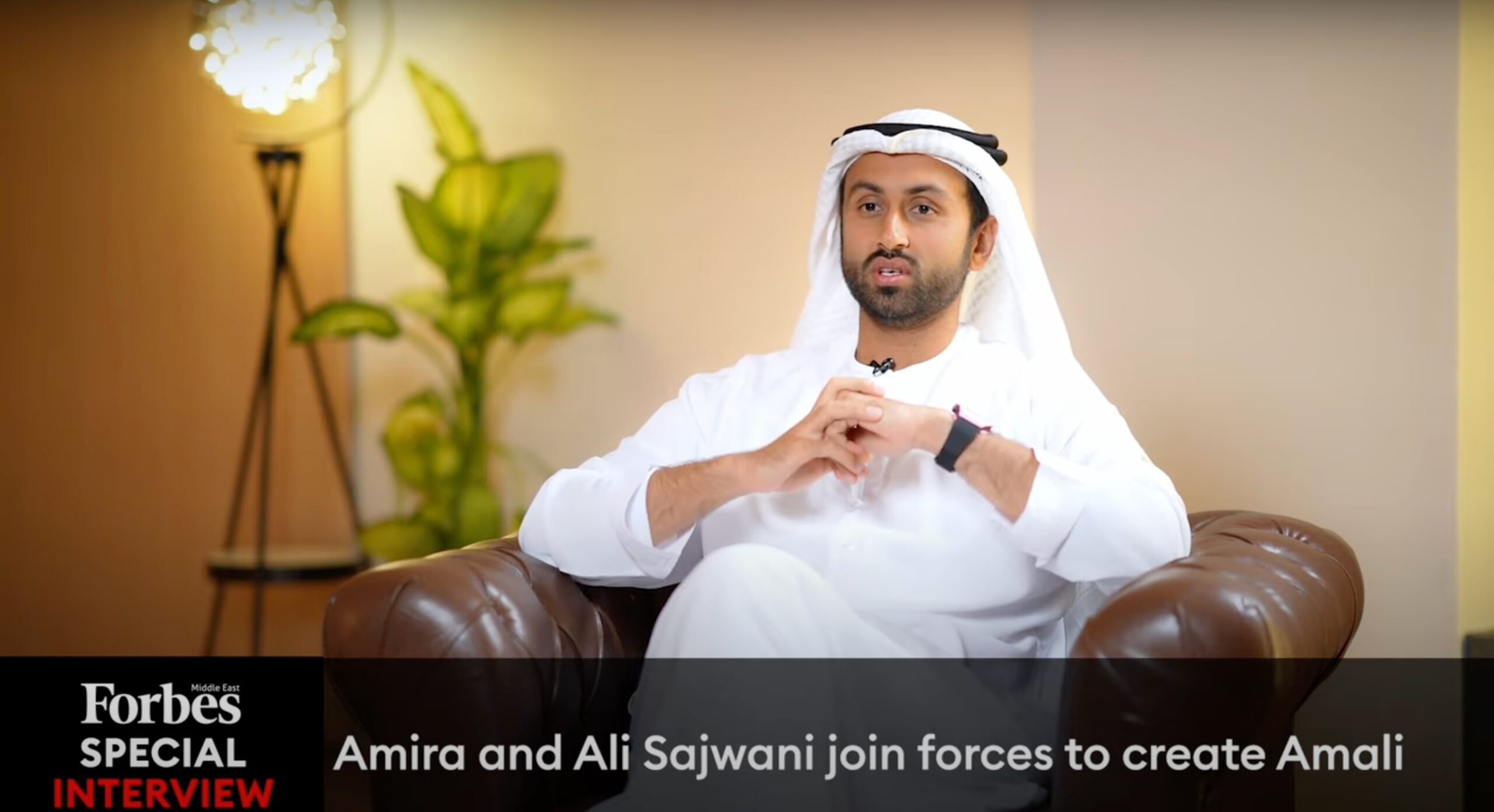DAMAC Properties will shift gears and focus on international luxury resorts in places such as the Maldives, Seychelles, Bali and Marrakech rather than adding to the “large oversupply problem” in the UAE, a senior company official said.
The “UAE is always our primary focus, but as you know, we’re trying to diversify. The market in UAE, I don’t need to beat around the bush, the market has softened,” Ali Sajwani the general manager of operations and son of the company’s founder DAMAC chairman Hussain Sajwani told The National.
“There is a large oversupply problem, continuous dumping by certain companies into the market, which is not healthy for the market. Prices have come down, yields have come down and the market has suffered,” Mr Sajwani, 28, said echoing comments made by his father who was vocal last month in an interview with Bloomberg TV and called for a property supply freeze.
In September, Dubai set up a Higher Real Estate Planning Committee to rebalance the property market, which has softened as a result of excess supply, lower oil prices and a slowing global economy. DAMAC Properties is the UAE’s third-biggest listed developer but the largest without a government stakeholder. Earlier this month, it reported a 78 per cent drop in its third quarter net profit, and an 88 per cent slump in nine month profit as revenue fell 47 per cent.
The company’s first major overseas resort is currently being brought forward in the Maldives, where DAMAC reclaimed three lagoons that will be developed in phases. The first phase will contain between 100-120 villas spread over a 35-hectare resort that will also include food & beverage units and spas.
“We have almost finalised with the operator, we are going to be placing it at the very high end of the market,” Mr Sajwani said. “These resorts we want to buy and hold. We’ve historically always been a developer — we buy the land, we develop, we sell off-plan, we collect our profits and we move on to the next project. We’re looking to now move more into the recurring income model,” he added.
The company has teamed up with international names to push out cobranded projects, including with US president Donald Trump, his former wife Ivana Trump, and Italian fashion houses Versace, Fendi and Cavalli.
“The resorts for us is one way of doing that. We’ve always been associated with high-end brands,” said Mr Sajwani. “We’ve just bought Roberto Cavalli — so we understand that high-end luxury market.”
The company is also looking to develop in other, global cities said Mr Sajwani. It launched its first London project in 2015 at the Nine Elms district, which is 60 per cent sold and due for completion in early 2021.
It is “aggressively” looking at other sites within the city’s central zone.
“Even though the current situation with Brexit happening and the pound weakening … we see it as an excellent opportunity. Long term, London will always be London.”
Similarly, it is progressing plans in North America, where it has been actively pursuing sites in New York and in various Californian cities.
“We think serviced apartments will do excellently in California. There’s a huge amount of tourists that go there from Saudi Arabia, from the Middle East,” he said.
Back home, Mr Sajwani said DAMAC’s focus will be “on selling what we have already launched, what we have committed to our customers, and more importantly delivering what we have promised”.
“We’ve had 8,000 deliveries between this year and last year,” he said, adding that almost 1,000 more are due by the end of this year and a further 4,000 in 2020. The company has more 37,000 units under development which will come into the market within the next three to four years, he said.
“We strongly believe not to launch anything new into the market. It’s very easy for us to go today, acquire a plot in Business Bay, price it right it and will sell like hot cakes. But that’s not what we want to do, because you are going to be hurting your investors long term.”
He also criticised the use of excessively-generous payment plans, stating that they contribute towards speculation.
“If you’re asking for just 5 per cent today and 5 per cent in six months we can see the market is not getting healthy any time soon,” he said, adding that if the value of a home has fallen by 10 per cent in the intervening period the buyer will simply default.
“This is going to add to a problem that already exists. We do not go down that route.”
A total of 20,978 residential units were completed in the first half of this year, according to industry portal Property Finder’s estimates. An additional 38,426 residential units within 152 projects that have at least an 85 per cent completion status as of July, are scheduled to be delivered by the end of the year.


